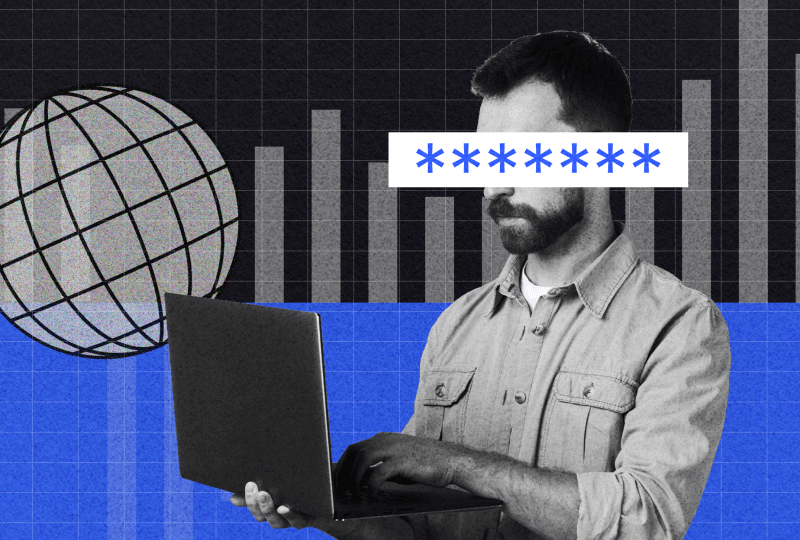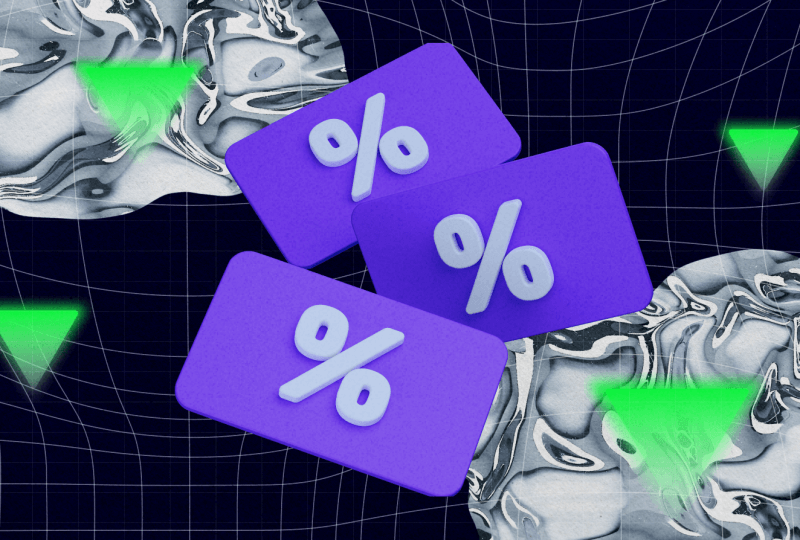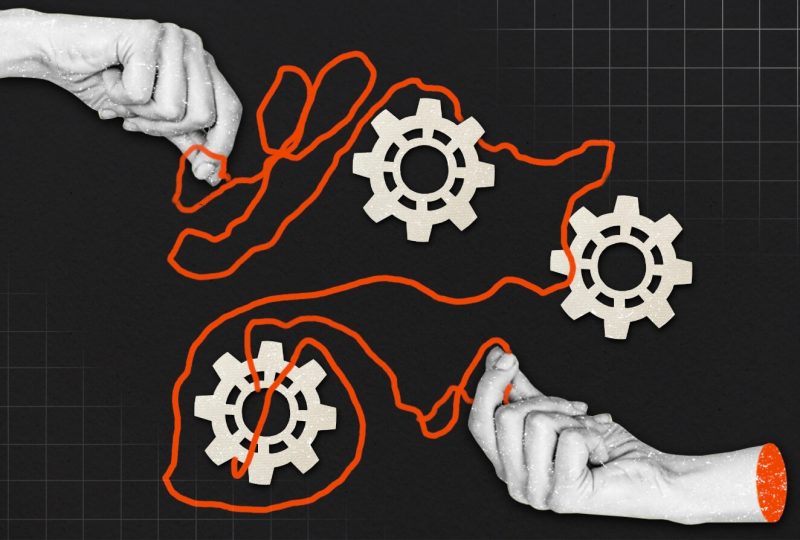ChatGPT News: Microsoft and OpenAI Detect State-Backed Hacking Groups Using AI for Cyberattacks
Feb 15, 2024

In a groundbreaking announcement, Microsoft and OpenAI have disclosed ChatGPT News that state-sponsored hackers from various nations, including China, Russia, North Korea, and Iran, have exploited OpenAI systems for cyberattacks. This report sheds light on the intricate ways in which hackers are using artificial intelligence (AI) tools like ChatGPT, sparking concerns about data privacy and security.
AI in Hacking
Since its launch in November 2022, ChatGPT, an innovative AI developed by OpenAI, has received attention for its conversational abilities and wide-ranging applications. However, recent findings indicate a darker side to its usage, as it becomes involved in the sphere of cyber warfare.
Operating Mechanisms of Hackers
According to the research released by Microsoft and OpenAI, these hackers, rather than employing AI for sophisticated attacks, have primarily utilised it for ordinary tasks such as drafting emails, translating documents, and debugging code.
Tom Burt, overseeing Microsoft’s cybersecurity efforts, remarked that these hackers are employing AI to enhance their productivity rather than orchestrating exotic attacks.
Microsoft, having committed significant resources to OpenAI, emphasises the seriousness of the situation. The collaboration between the two tech giants aims to prevent cyber threats, especially those originating from nation-state actors.
Despite efforts to track and disrupt such activities, the complexity of identifying and preventing misuse of AI technology poses challenges.
Is ChatGPT Encrypted?
Users have escalated in light of these revelations of ChatGPT privacy concerns. While OpenAI assures users of end-to-end encryption for conversations, questions arise regarding ChatGPT confidentiality, the extent of data collection and potential vulnerabilities within the system.
Sharing information with ChatGPT contributes to its data bank, potentially exposing it to the public domain, as exemplified by the Australian Medical Association’s caution against its use by doctors in Perth hospitals for writing patient notes.
Not only could this data be utilised to train ChatGPT further, but it also raises concerns about the possibility of it being integrated into responses for other users.
Moreover, ChatGPT not only collects shared information but also gathers detailed user data such as IP addresses, browser types, and user behaviour patterns, and may even share personal information with undisclosed parties as per its privacy policy.
The risk of data breaches looms large, as evidenced by a significant breach compromising 100,000 ChatGPT account credentials sold on the Dark Web between June 2022 and May 2023.
Additionally, the storage of conversations by ChatGPT users poses another vulnerability, potentially granting hackers access to proprietary, sensitive business, or confidential personal information if they breach an account.
In response to mounting hesitations, experts emphasise the importance of user attentiveness and proactive measures to safeguard privacy. Users are advised to exercise caution in sharing sensitive information and to remain informed about the platform’s privacy policies and data retention practices.
As the debate surrounding AI ethics and responsible usage intensifies, it becomes increasingly evident that the potential risks associated with AI technologies extend beyond conventional cyber threats. The intersection of AI and cybersecurity underscores the need for comprehensive strategies to address developing challenges and mitigate risks effectively.It’s evident that AI advancements offer unprecedented opportunities for innovation and productivity. But it must be mentioned that they also necessitate an attentive approach to safeguarding privacy and security. In reality, where the whole ecosystem of cyber threats progresses, collaboration between industry stakeholders, policymakers, and users becomes imperative to overcoming the sophistication of the digital age.




